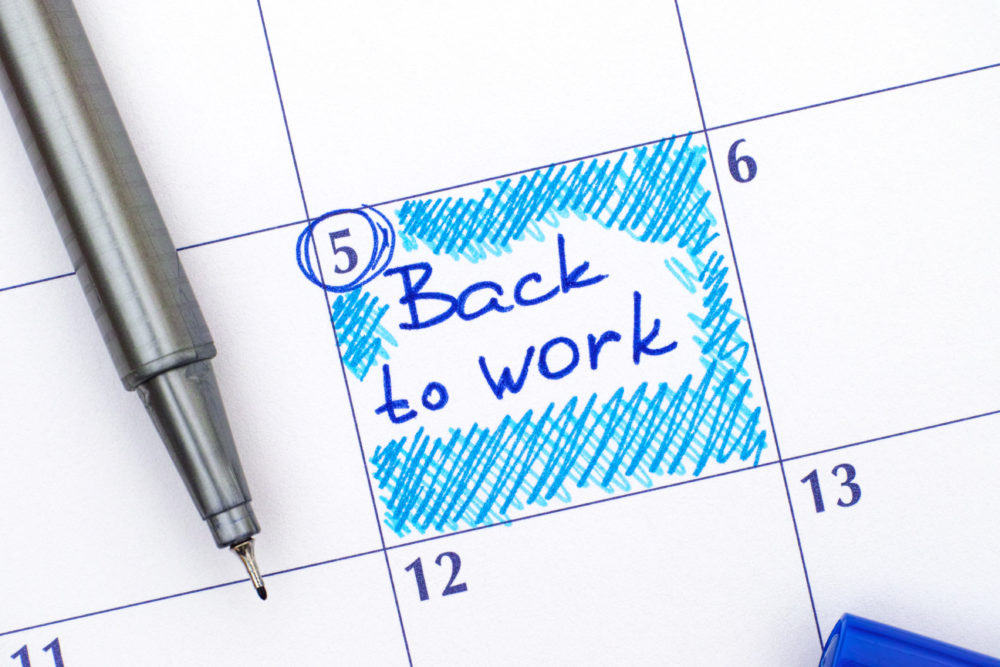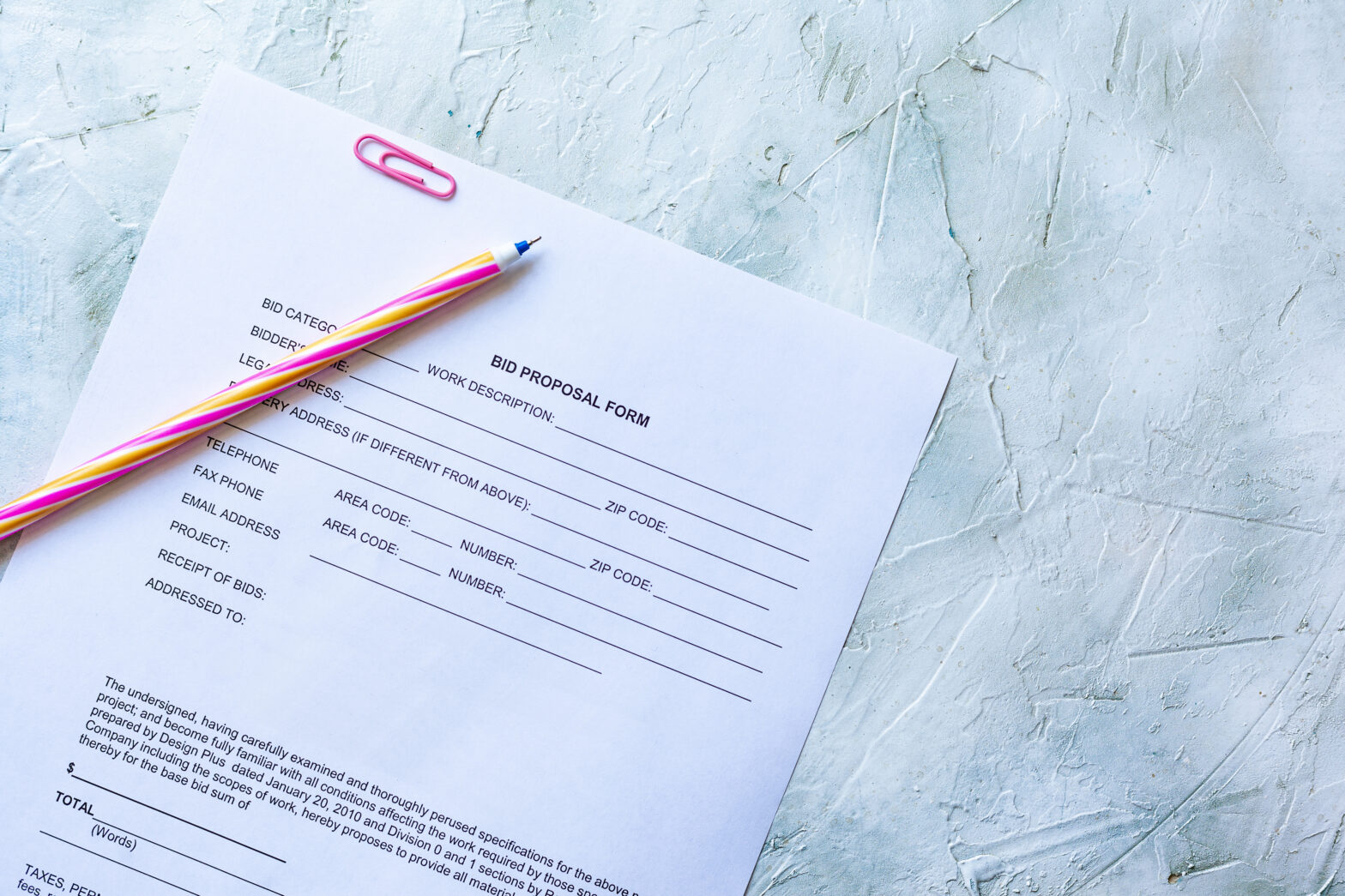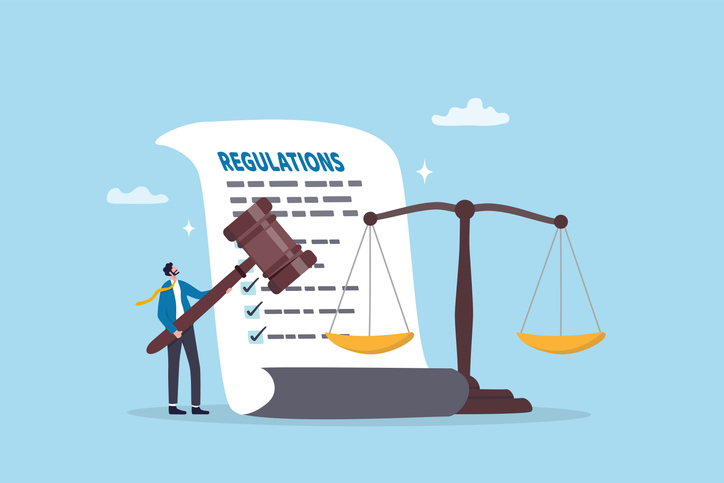Holidays are an essential part of life, helping you to feel rejuvenated, inspired and better able to run your business.
But what about when the time comes to put the sun-lounger away and return to work? The transition from holiday to work doesn’t happen at the drop of a hat. We’re not robots after all. Add to that a mountain of emails, half-finished tasks and the odd ‘surprise’ to deal with, and the holiday glow can fade very quickly.
A recent survey we conducted found many bosses have considered putting holiday plans on hold because they’re worried about what might be waiting for them when they come back. So what’s the answer?
With a bit of foresight and planning, you can have your break and eat it. For next time, here’s how to avoid the post-holiday pile-up before, during and after a holiday, ensuring you return to work feeling refreshed.
Prepare for departure
Planning for time away weeks or months in advance helps to avoid that last-minute panic and ensures everything’s covered. It’s essential that things run smoothly while you’re away, both for the business and for you.
An easy way to make sure it’s business as usual, is to identify specific projects or tasks that need to be worked on in your absence. Partner up with one or two colleagues who are going to be covering you and make sure they know exactly what needs to be done. Being as specific as possible will help mitigate any potential hurdles – in this case, nothing is too granular.
Here are some points to cover:
- Who is explicitly doing what? If more than one person is covering, make sure each person is allocated specific tasks.
- If you’re handing over a client, there’s no such thing as too much background information. Fill colleagues in on recent communications, preferences, likes and dislikes and so on. The more detail, the better.
- What could go wrong? If a project or task could include potential hurdles, make sure you cover all the bases and come up with pre-planned solutions. Whom can they speak to if they’re completely stuck?
Ditch the smartphone
Letting go and switching off is especially hard when you’re the boss. But it’s important to remember that the company can function without you for a few days.
If you’ve planned properly and covered all the bases, there’s no need to stay connected. Taking proper time off from work is vital to your health and wellbeing – it’s also likely to give you a fresh perspective so that you come back feeling more productive and engaged.

A study from the Journal of Association for Consumer Research has shown that just being in the presence of our smartphones is distracting; we either look at them or try to fight the urge to look at them. Either way, we can’t entirely switch off with smartphones around, so if you’re having a break, then make sure it really is a break.
Find what works for you
Despite what has been said, there are no hard and fast rules. If you are an ‘always on’ person and feel anxious about letting go, there is a way to stay connected and ensure you still get a break.
Why not try allocating time slots to check emails or liaise with colleagues, that way you might find it easier to relax and enjoy the rest of your break knowing that you are on top of everything. However, keep it compartmentalised. Give yourself 15 minutes to check in and then switch off and step away.
Challenge the calendar
The shock of returning to work from a break can be sizeable, so bear this in mind when it comes to scheduling. If you’re back in the office on a Monday, do you need to have an important meeting booked on Tuesday? It’s always advisable to ease yourself back into a busy routine.
Although the temptation might be to go at 100 miles per hour, allowing yourself and employees a few days grace will pay off in the long run. Nobody responds well to feeling overwhelmed or anxious, so let the dust settle and take it slowly. Avoid any big projects or meetings for the first couple of days and just take the time to get back up to speed.
Get a thorough debrief
So instead of jumping straight in and dealing with emails, make sure you know what’s been going on in your absence first.

Meet with your team to get an update on the progress on specific projects or any challenges that have arisen in your absence. Communicating in this way is the quickest and most effective way for you to get up to speed and know where to pick up. Here are some points you may wish to cover:
- How have things changed generally? A lot can happen in one or two weeks.
- If a project or brief was completed while you were away, how did it go? What was the feedback?
- Have there been any internal changes? Are people working on new projects or has there been any restructuring of the team?
- How successful was the covering system? Was anything overlooked? Did everything run smoothly?
- Any next steps?
An excellent way to reduce any workload anxiety is by creating a to-do list and prioritising one or two things to deal with. In this way, the most pressing tasks can be dealt with and, importantly, you won’t feel overwhelmed.
There are no downsides to taking a break from work, provided you do it correctly. Like most things in life, a little preparation goes a long way.
Think about it as before, during and after: by pre-planning, challenging yourself to switch off and taking it slowly when you return, you can have a relaxing holiday without any stress.
Geoff Lawrence is the marketing director of Vistage UK.





